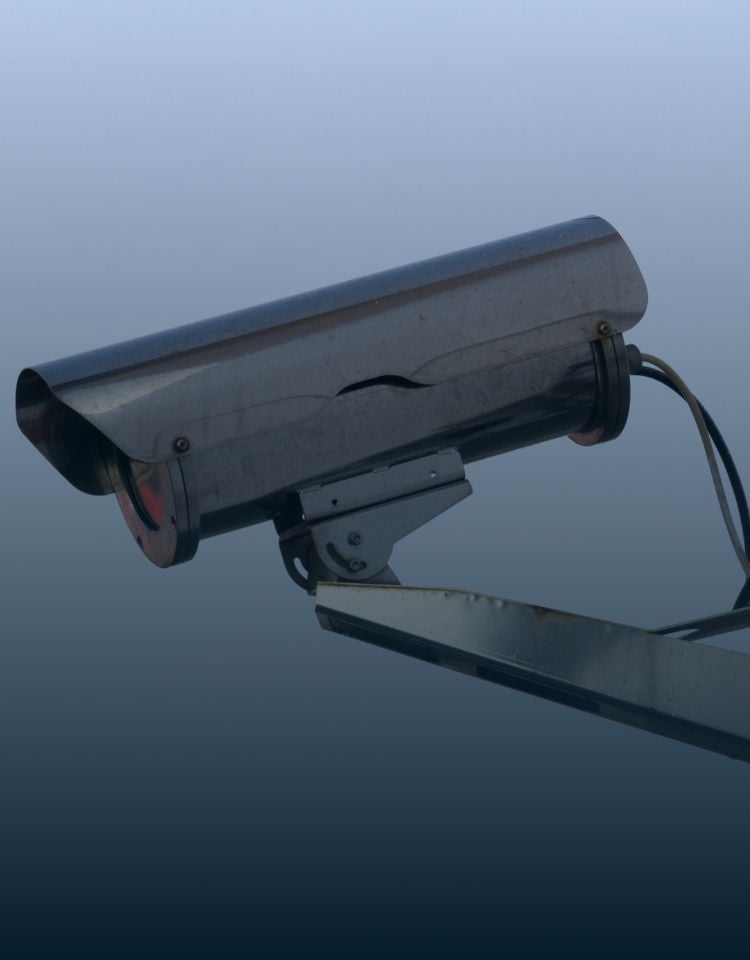Written By: Lindsay Charles and Cody Malloy, Student-at-Law
Surveillance of a plaintiff in a personal injury claim is entirely legal in Ontario. Although there are limits as to how far the surveillance can invade your privacy, insurers utilize surveillance to protect against fraudulent insurance claims.
Although most claims for insurance are legitimate, insurance fraud costs Canadian drivers anywhere between $1 billion to $2 billion annually. In Ontario, that breaks down to $236 annually per policy. Insurance fraud is a criminal offence under section 380 of the Criminal Code. Insurance fraud has serious consequences, such as fines, bars from obtaining auto insurance, and even imprisonment. It is very important as a plaintiff in a personal injury action to be truthful about your symptoms and limitations, which is why insurers utilize surveillance to monitor plaintiffs with claims they suspect are fraudulent.
If you are a plaintiff in a personal injury action under surveillance, it is important to understand that surveillance is an entirely acceptable practice by the insurer. If a personal injury action goes to trial, the insurer will utilize evidence obtained from surveillance to test the credibility of the plaintiff. If a plaintiff’s complaints are contradicted by surveillance evidence, the defendant insurer will undoubtedly use the evidence at trial to demonstrate that the plaintiff’s complaints are not credible.
Some plaintiffs with personal injury claims get nervous at the thought of a private investigator following them around, which is entirely understandable. The most important thing to remember is that as long as you’re telling the truth about your limitations, you should not let surveillance affect your daily life.
Many personal injury plaintiffs wonder what kinds of surveillance techniques are used by insurers. The most common surveillance technique is photo and video surveillance. As a plaintiff in a personal injury action, you should expect to be under photo and/or video surveillance in the following locations:
- Home – surveillance is particularly concerned with household maintenance (such as lawn mowing, snow shoveling, and general exterior upkeep) and physical activities (playing with children, swimming, sports activities)
- Workplace – for example, if a plaintiff claims they can’t sit for a long time, an insurer may attempt to view your activities at work
- Driving – to rebut a fear of driving claim
- Grocery store – to monitor your mobility around the store and your ability to lift heavy loads
- Visiting friends and family – be mindful that if you claim that your injuries have affected your mental health, being seen at fun events with others can contradict your claim
Some other common tactics used in insurance surveillance include tracking social media posts, background checks and speaking with people you know or who live near you.
Unfortunately, it is true that insurers can utilize surveillance to paint a fictitious picture of a fraudulent insurance claim. Insurers can even use surveillance as an intimidation tactic for plaintiffs to drop their entirely legitimate claims. As such, it’s important be mindful of your actions when you’re a plaintiff in a personal injury action.
Here are some tips for personal injury plaintiffs to keep in mind with regards to insurance surveillance:
- Assume you’re being watched
- Be mindful of your social media accounts – don’t post anything that could lead an insurer to infer that you are fabricating your limitations
- Be honest with your symptoms – if certain symptoms or limitations improve during the litigation process, advise your lawyer. If the insurer is not informed about the improvement, they may suspect your claim is fraudulent
Unfortunately, being under surveillance can come with the territory when filing a personal injury claim against an insurer. At McLeish Orlando, we always educate our clients about the surveillance process to ease the stresses of litigation. If you have been injured due to someone else’s negligence, do not hesitate to contact us for a free consultation.





